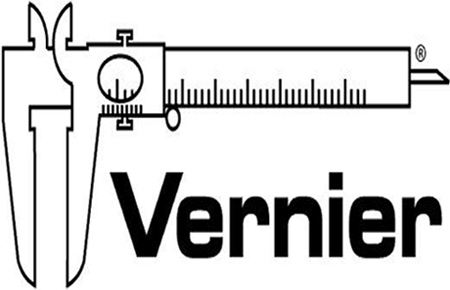How can teachers participate in an engineering contest?

Human and material resources are sometimes scarce in educational institutions. Competitive contests sponsored by the business community can help to provide resources to support the needs of schools. For this feature, the critical questions to be asked are: How can teachers participate in an engineering contest? What is the value of this contest for learning STEM skills? What will be the winnings for this contest?
Vernier Software & Technology is a leading innovator of scientific data-collection technology and is the sponsor of the 2015 Engineering Contest focusing on STEM courses (science, technology, engineering and mathematics). Through innovative uses of Vernier’s sensors, the contest recognizes STEM educators for introducing students to engineering concepts and practices. Both a middle and high school teacher and a college instructor will each win prizes valued at $5,500.
In order to participate in the engineering contest, educators must complete an online application form and submit a short video showcasing the use of Vernier sensors in an experiment or project. The sensors may be used with Vernier’s Logger Pro software, NI LabVIEW software, LEGO NXT, VEX or any other system incorporating Vernier sensors. Applications are due by January 15, 2015. Projects will be judged on innovation, engineering objectives and the ease of replicating the experiment. In line with the Next Generation Science Standards, middle and high school candidates are asked to explain how the project addresses the engineering practices.
On March 5, 2015, the winners of the contest will be announced through the Vernier website and Facebook page. The winners will receive $3,000 in Vernier technology, $1,000 in cash and $1,500 towards expenses to attend the 2015 American Society for Engineering Education conference in Seattle, WA or the 2015 National Science Teachers’ Association STEM conference in Minneapolis, MN.
According to the Brookings report, students with a STEM background fair better economically than those who do not. For example, STEM workers with a bachelor’s degree or additional educational experience earn an average salary of $88,000 compared to $66,000 for non-STEM workers with a minimum of a bachelor’s degree. The Vernier Engineering Contest is one way to teach STEM skills.
David Vernier, co-founder of Vernier Software & Technology said, “We are committed to supporting teachers who are bringing engineering design and hands-on science activities into their courses. The contest provides educators with a great way to showcase and share their best practices and to win some great prizes that will further support engineering and STEM education. Winning projects from the 2014 Vernier Engineering Contest focused on developing a biomechanics course, building a system to test rockets, and creating a prototype of a floating robot to explore the concept of electric shock drowning.”
In March 2014, the recipients of the winning projects for college, high and middle schools respectively are Deborah Munro from the University of Portland in Portland, OR; Gary Garber from Boston University Academy in Boston, MA and Julianne King from Regina Caeli Academy in Spring, TX. The recipients were selected by a panel of Vernier Software & Technology educational experts.
For additional information on the 2015 Vernier Engineering Contest and to submit an application and brief video, visit www.vernier.com/grants/engineering/.
Dr. Ronald Holmes is the author of seven books, “Education Questions to be Answered,” “Current Issues and Answers in Education,” “How to Eradicate Hazing,” “Professional Career Paths” “Your Answers to Education Questions,” “How to revitalize the National Baptist Convention, USA, Inc.” and “Completing the Dissertation: Tips, techniques and real-life experiences from Ph.D. graduates.” He is publisher of “The Holmes Education Post,” an education focused Internet newspaper. Holmes is a former teacher, school administrator and district superintendent. He can be reached at [email protected]

